ANALYSIS: Pashinyan Pushes to Remove Armenian Church Leader. Modern Politics Rewrite Centuries-Old Religious Laws?
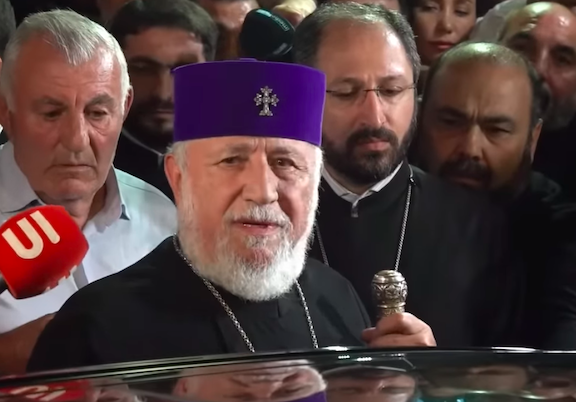
In a dramatic move that’s fueling political and religious tensions across Armenia, Prime Minister Nikol Pashinyan is trying to remove the head of the Armenian Apostolic Church, Catholicos Karekin II, and rewrite ancient church laws — a move critics call a direct violation of the Constitution and a dangerous power grab.
Despite being on vacation, Pashinyan over the weekend publicly vowed to “free” the Church from its current leader and encouraged supporters to rally in Etchmiadzin, the spiritual center of the Armenian Church.
Then, on Wednesday, he went further — laying out a full plan to oust the Catholicos and rewrite church canons, including the selection process for future leaders. He suggested a married priest should temporarily lead the Church — even though Church law strictly forbids that.
Pashinyan insists this is all about reform and accountability. But many, including church officials and legal experts, see it as an attempt by the government to seize control of a centuries-old religious institution.
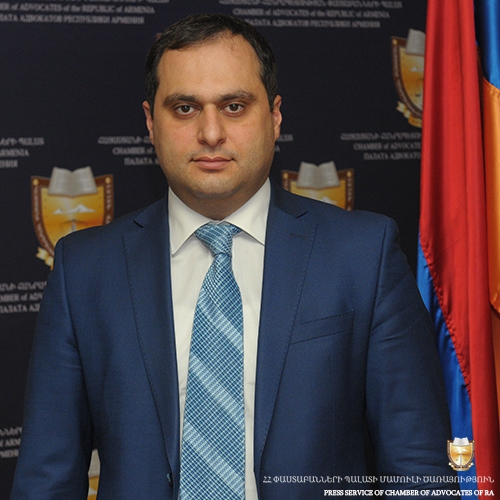
The backlash was swift. The Catholicos’s office slammed the plan, calling it a dangerous incitement of “attacks and violence.” Lawyer Ara Zohrabyan filed a motion with the Prosecutor General, accusing Pashinyan of abusing power, spreading hate speech, and trampling on religious freedom. Former President Levon Ter-Petrosian — once Pashinyan’s ally — warned the crackdown on the Church could lead to “bloodshed,” calling it a “mob-style provocation.”
PM Pashinyan proposes to replace Karekin II and install a married priest as Vicar-General (an unprecedented move). This move requires rewriting the Church’s canons by a government-backed Code of Conduct to vet candidates for Catholicos. The election of the new Catholicos should be approved by a church assembly — though Pashinyan hinted at forming a new format, possibly bypassing the Church’s authority.
In short, it’s a political and legal minefield. Church canons only allow the Vicar-General role if the Catholicos dies or resigns — neither of which has happened.
This comes as Pashinyan clashes with wealthy business leaders, such as billionaire Samvel Karapetyan, and continues a broader campaign to centralize power — even if it means going after Armenia’s oldest institutions.
Karapetyan was recently jailed, and his company’s electric utility, ENA, is now in the middle of a controversial nationalization push. But that move just got slapped down by an international court, which said Pashinyan’s government may have violated international law.
Critics say it’s all part of a pattern: Pashinyan goes after anyone who threatens his authority — whether it’s clergy, billionaires, or political rivals.
While support for the Armenian Church holds at 49%, approval ratings for Pashinyan and his party have plummeted to the mid-teens, according to a new International Republican Institute poll.
Pashinyan is also redefining Armenia’s foreign policy, shifting away from Russia and the CSTO and looking West, toward Europe and possibly NATO. His critics say this, combined with the Church crackdown, is a full-blown revolution in governance — one that risks chaos.
That depends on how far Pashinyan is willing to go. Former President Ter-Petrosian is urging him to back off, release jailed clergy and political opponents, and avoid igniting civil unrest. Because if he doesn’t, this won’t just be about Church reform — it could mark a turning point in Armenian democracy.

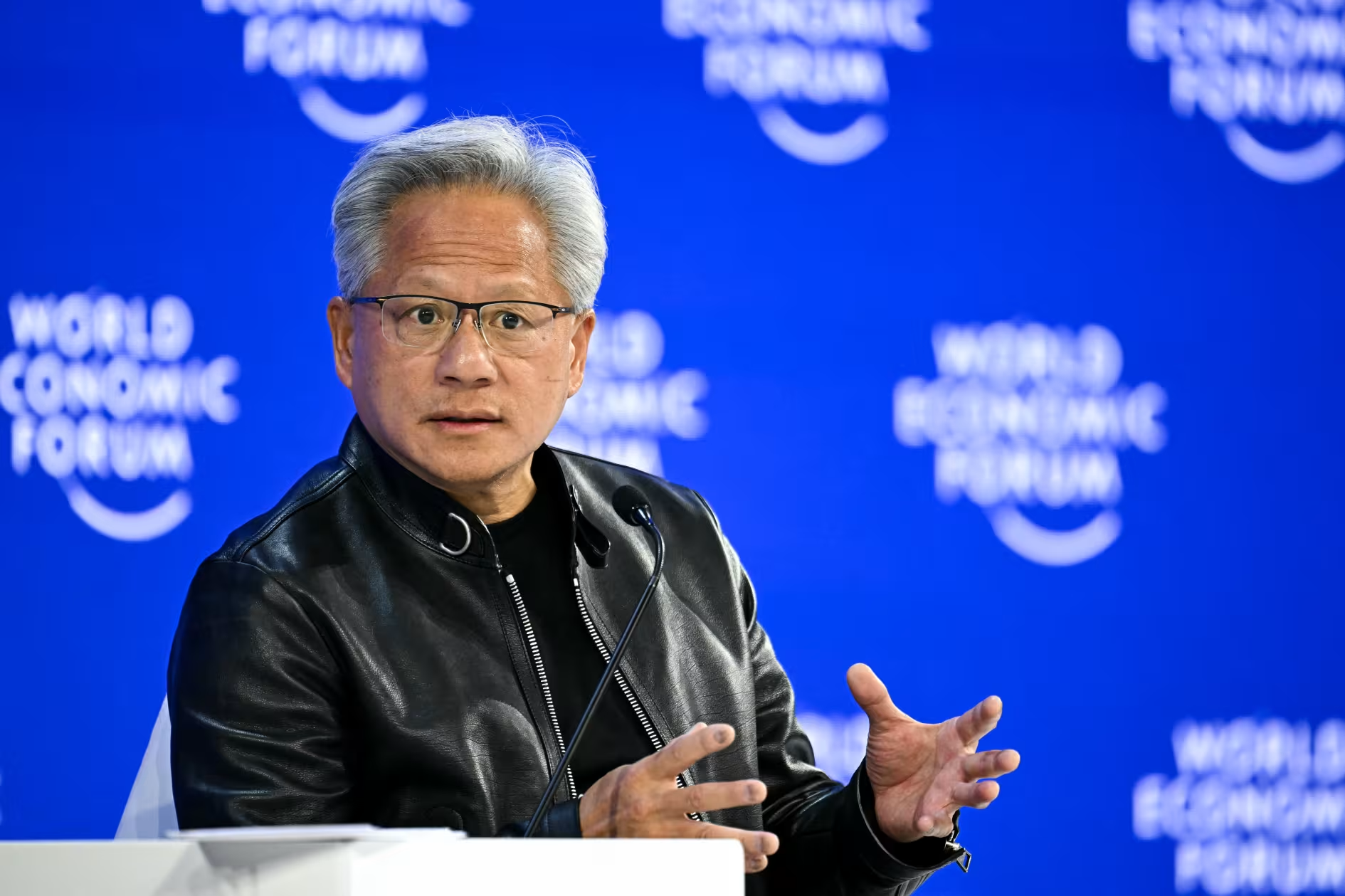
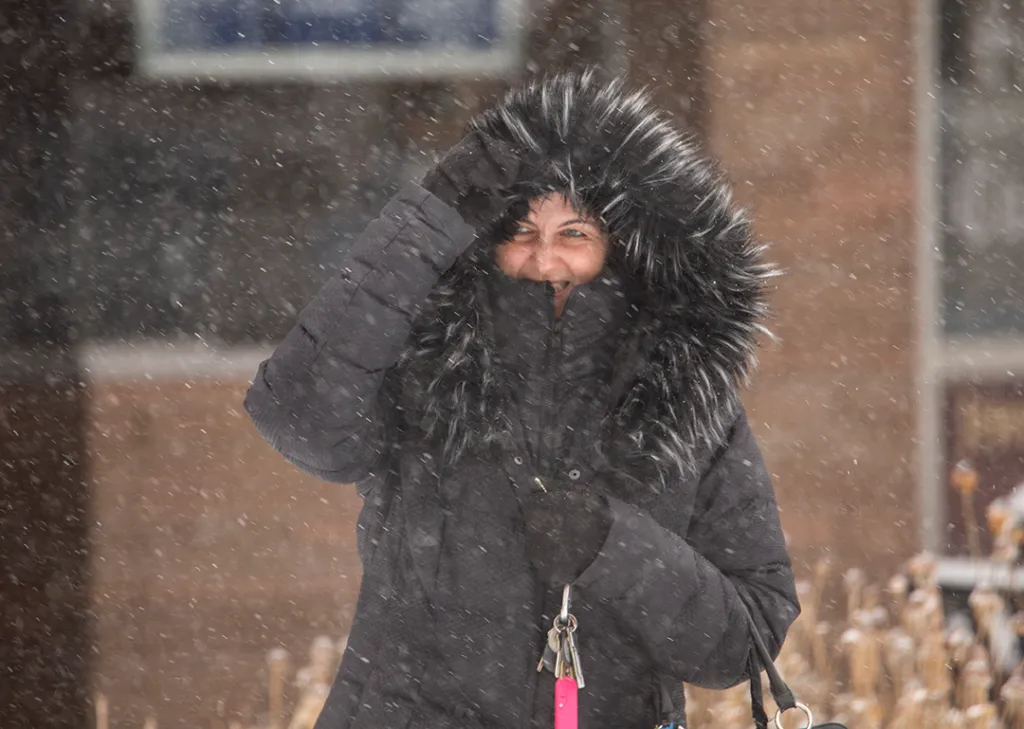
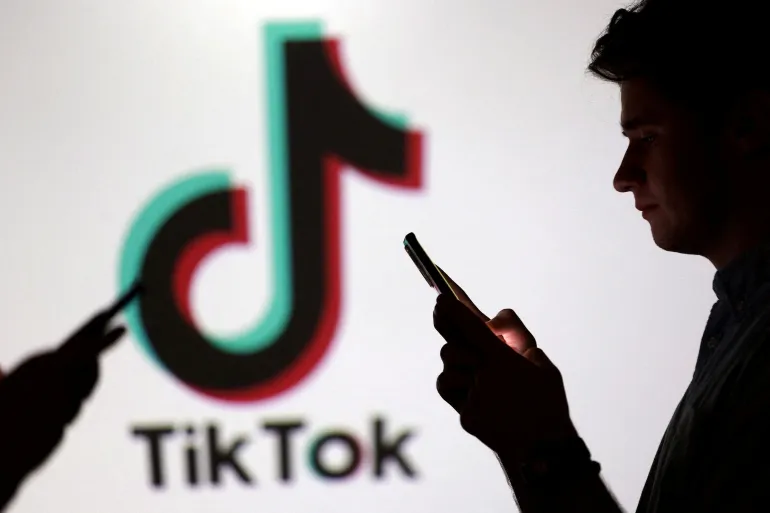





The latest news in your social feeds
Subscribe to our social media platforms to stay tuned